Climate and Ag in the news
-
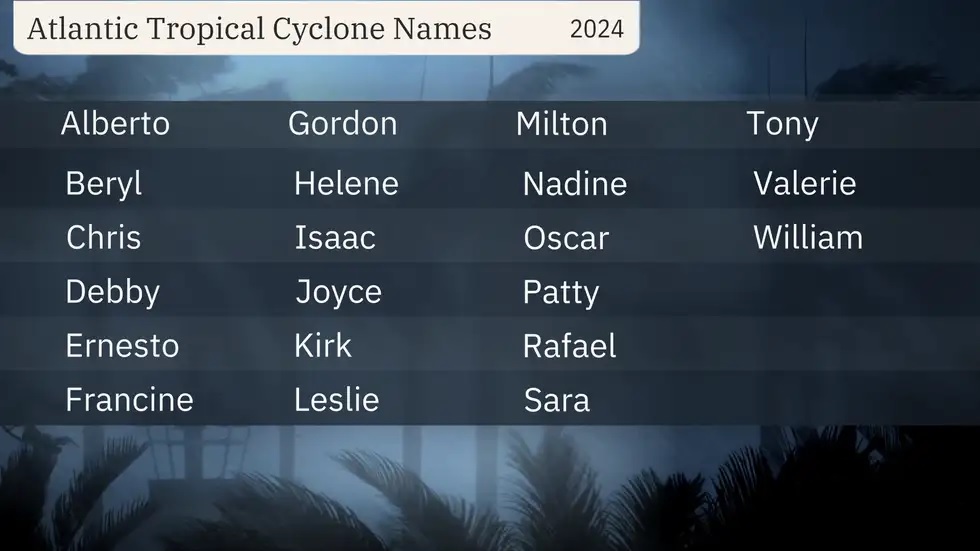
With the 2024 hurricane season coming up, here is an article and video from the Weather Channel describing the list of names for this year. The list is basically the same as the 2018 list (they repeat every 7 years) but with Francine replacing Florence and Milton replacing Michael. Both of the retired storms caused…
-
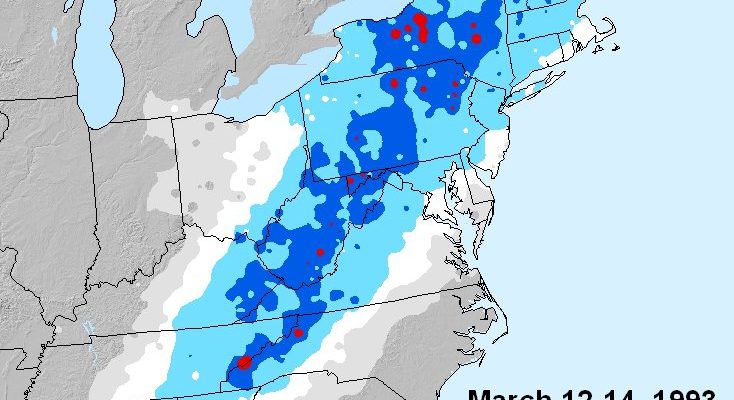
There has not been much snow in a lot of the Southeast this year in spite of plenty of precipitation because the temperatures have just been too warm when the moisture was in place. So you might enjoy reading about some of the most extreme blizzards that have occurred in history, including a couple that…
-
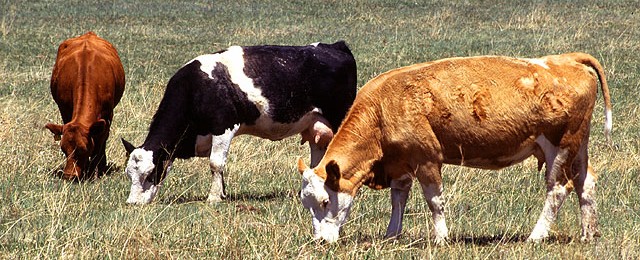
Regenerative farming that minimizes the output of greenhouse gases is something that more farmers are becoming interested in. Livestock farming has been a particularly tough nut to crack because of the methane emitted by ruminant animals like cattle. A farm in Australia looked at this and successfully maintained a carbon-neutral farm for many years, but…
-
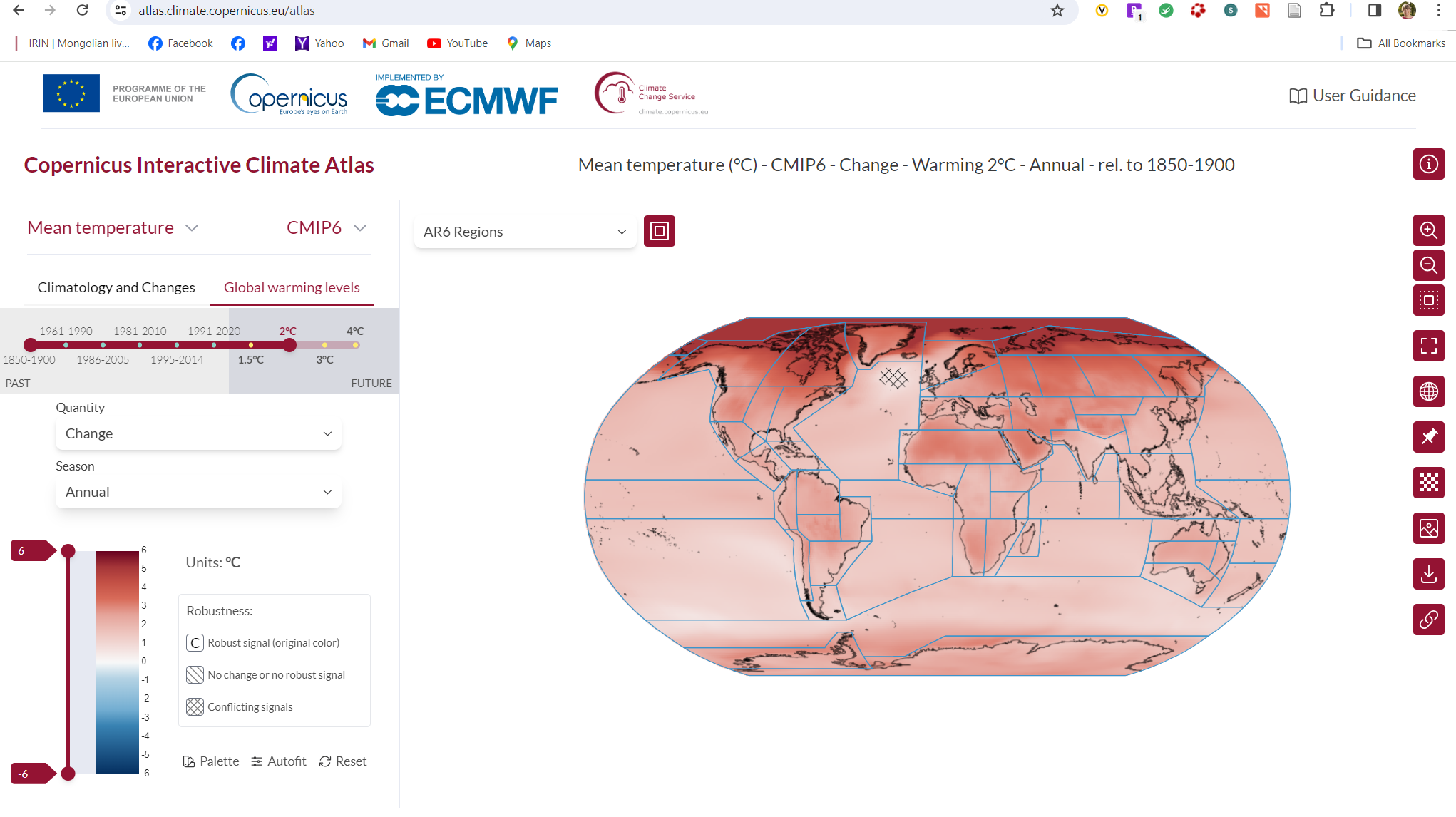
The Copernicus Interactive Climate Atlas, launched by the Copernicus Climate Change Service (C3S*) on 20 February, is set to be an important new resource for policymakers looking to formulate effective climate policy and for other users needing to visualise and analyse climate change information. This new tool from C3S, which builds on the Interactive Atlas of the…
-

I’ve recently seen a few stories promoting the use of widespread tree planting as a way to absorb carbon and reduce greenhouse gases. But if you do the numbers, we can never plant enough trees to absorb all the greenhouse gases that are being emitted, much less the excess that is already in the atmosphere.…
-
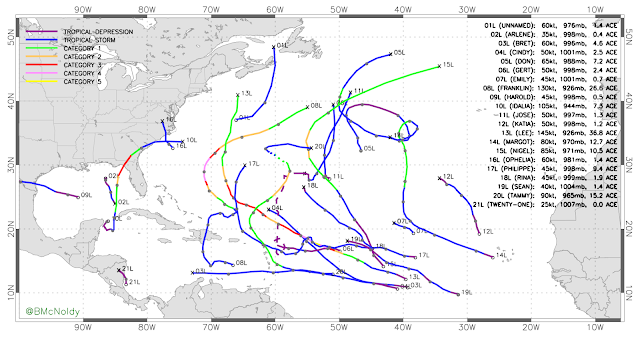
While we have all been watching the current strong El Nino for signs of weakening and swinging to La Nina, that is not the only factor that will impact the weather across the United States this summer. This year another big factor will be the sea surface temperatures in the Atlantic, which are currently far…
-
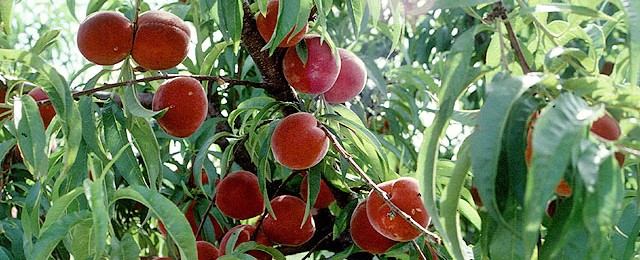
Chill hours are generally low in Florida because it is so far south that it does not often experience temperatures below 45 F. But in the past few years, the chill accumulation has been even lower than average, resulting in challenges to peach producers there. That does not mean they can’t be grown, but the…